In the brou-ha-ha over Chris Rufo’s masters degree from Harvard (Extension School), people expose that Harvard education is not particularly special, but that the brand comes from selectivity more than the education. I talk about the distinction between education and credentials, and my preference for separating the two.
Episode Links
Harvard
About Harvard Extension School
Since our founding in 1910, we have extended Harvard University to the world — to adult learners who have the curiosity and drive to be challenged. Part of the Harvard Division of Continuing Education, we serve students seeking part-time online courses and programs to advance their careers or pursue an academic passion.
We are a fully accredited Harvard school. Our degrees and certificates are adorned with the Harvard University insignia. They carry the weight of that lineage. Our graduates walk at University Commencement and become members of the Harvard Alumni Association.
Prof Hochschild statements
https://twitter.com/sfmcguire79/status/1745999107569631290
https://twitter.com/sfmcguire79/status/1745983162381987930
https://twitter.com/Jenniferhochsc2/status/1745912823689973880
Chris Rufo statements
https://twitter.com/realchrisrufo/status/1746301145004613819
https://twitter.com/BarneyFlames/status/1745928845167821101
https://twitter.com/realchrisrufo/status/1745922978553155749
https://twitter.com/realchrisrufo/status/1745924111652806981
Personal MBA
The Personal MBA is a project designed to help you educate yourself about advanced business concepts. This manifesto will show you how to substantially increase your knowledge of business on your own time and with little cost, all without setting foot inside a classroom.
The Personal MBA is more flexible than a traditional MBA program, doesn’t involve going into massive debt, and won’t interrupt your income stream for two years. Just pick up one of these business books, learn as much as you can, discuss what you learn with others, then go out into the real world and make great things happen.
If you’re interested in educating yourself about business, The Personal MBA is the best place to start.
“Get Your Personal MBA!” by Mary Pat Campbell, July 2009
The Personal MBA concept revolves around a booklist, organized into categories such as communication, project management, entrepreneurship, leadership and personal development. Titles include familiar business classics:
Dale Carnegie’s How to Win Friends and
Influence People Robert Cialdini’s Influence: The Psychology of Persuasion
There are also newer books on the list, such as Seth Godin’s Tribes, published in October 2008, which looks at the impact of new communication channels (e.g. Twitter or Facebook) on the concept of effective leadership.
….
My own recommendation regarding use of the PMBA reading list is to prioritize reading the older books on the list over the newer ones. Many of the newer titles (such as the previously mentioned Tribes) are faddish and will probably not have lasting relevance.
….
A personal recommendation from the PMBA reading list is Darrell Huff’s How to Lie with Statistics. Originally published in 1954, this book is a short and gentle introduction to popular distortions and misuses of statistics (and some of the numbers he quotes are good for a laugh). I read this book when I first learned statistics, and I’ve used it in my teaching of the subject since then. A good followup to this book (not on the PMBA list) are Edward Tufte’s books1 on graphical presentation of numerical data, which may help you think of effective graphical presentations in your own work.
“Quit Paying For Business Education!” by Mary Pat Campbell, October 2008
I come not to praise the business book, but to bury it.
There is much crystallized wisdom and information in the many books in the business section of stores like Barnes & Noble (especially if “Drucker” is on the spine). However, too often I find I’ve put down good money for something that is outdated (given long publication cycles), full of lightweight prescriptions that aren’t actionable, or is based on a metaphor extended far beyond any reasonable application. I get tired of the books churned out by CEOs boosting their egos, or consultants using the books as vehicles to drum up business or speaking engagements.
The book sits lifeless in my hand, its story unfolding in a linear manner, with no interaction between me and the material except a reflective one. I’ve written comments in the margins of books: “What did he mean by that?”, “Where can I learn more about this?”, “What a crock!”.
But no one answers.
My “No Child’s Ass Left Unkicked” Idea
Jan 2007: Charles Murray response: teaching wisdom
Again, all these lessons are important for everybody, but one likely has to make special provisions for those who are extremely intelligent as they're the least likely to run into these lessons in a standard classroom. It's hard to learn humility when you're constantly lauded as the best. It's hard to learn that hard work is needed when everything is easy for you. It's hard to give others their proper respect when others are always praising your results more than others.
So, in short, all kids need to have their asses kicked, but the intellectually gifted are least likely to have that done. So we've got to make sure they get what's coming to them, too.
I call this plan the No Child's Ass Left Unkicked plan.
Archive of my education-related posts on livejournal - oldest post on that list is 2001
First Things Podcast
In this episode, Andrew Youngblood joins Mark Bauerlein to discuss his new book “Know Thyself: Catholic Classical Education and the Discovery of Self.”




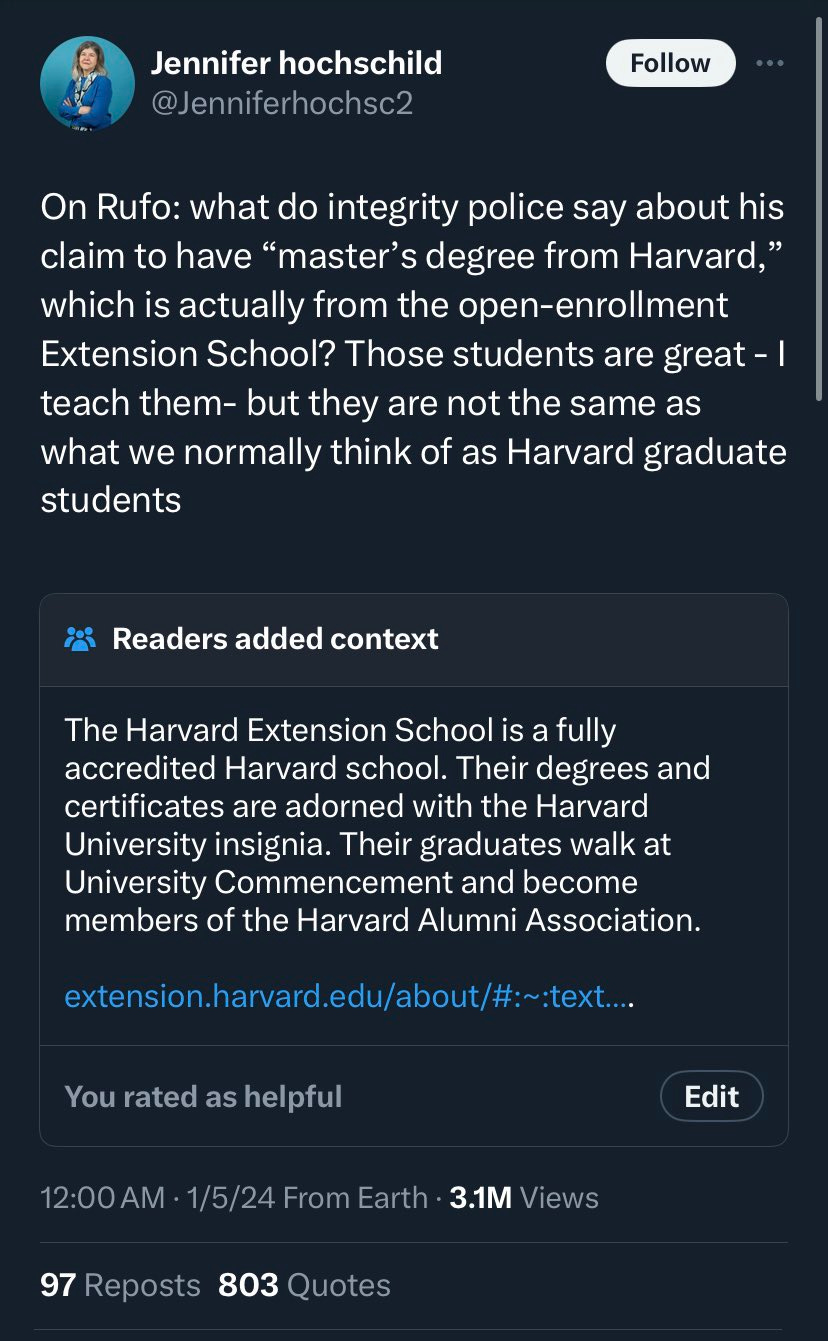
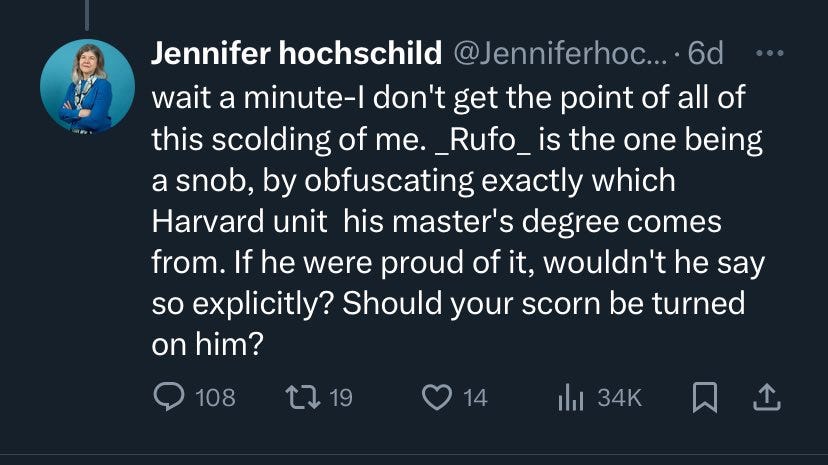
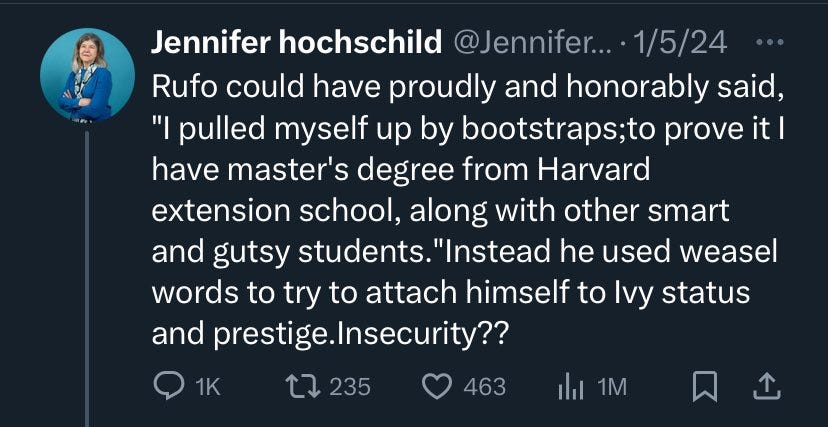
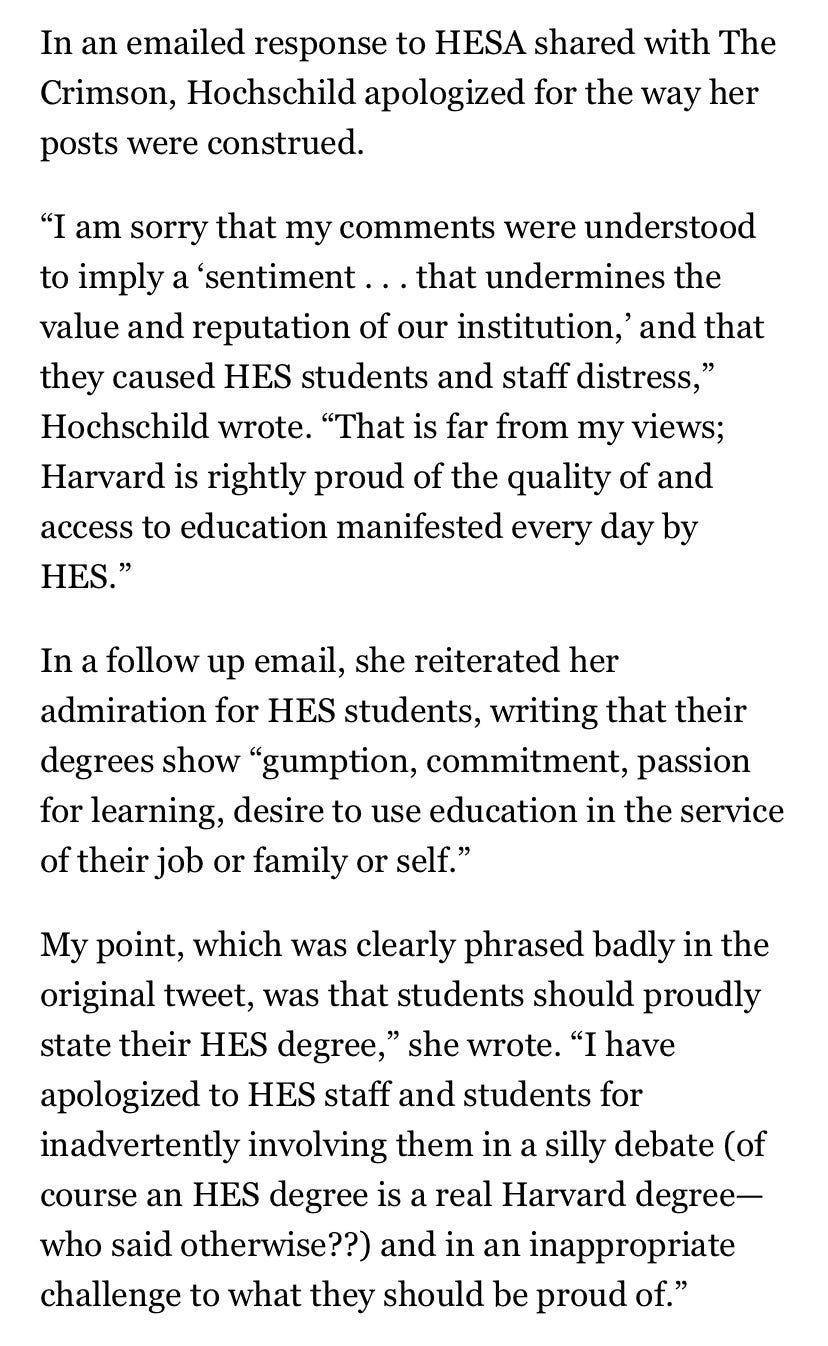
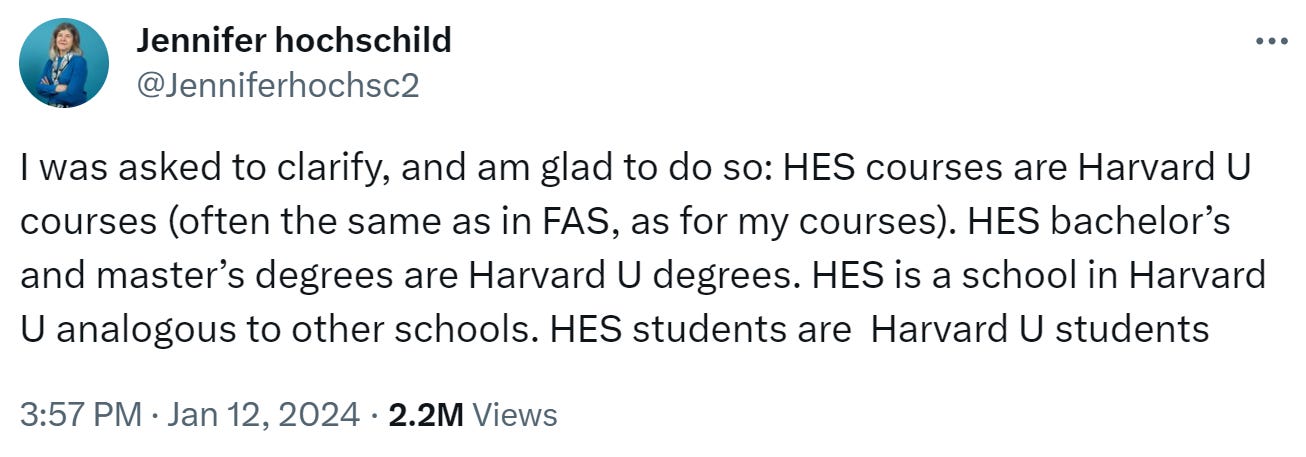




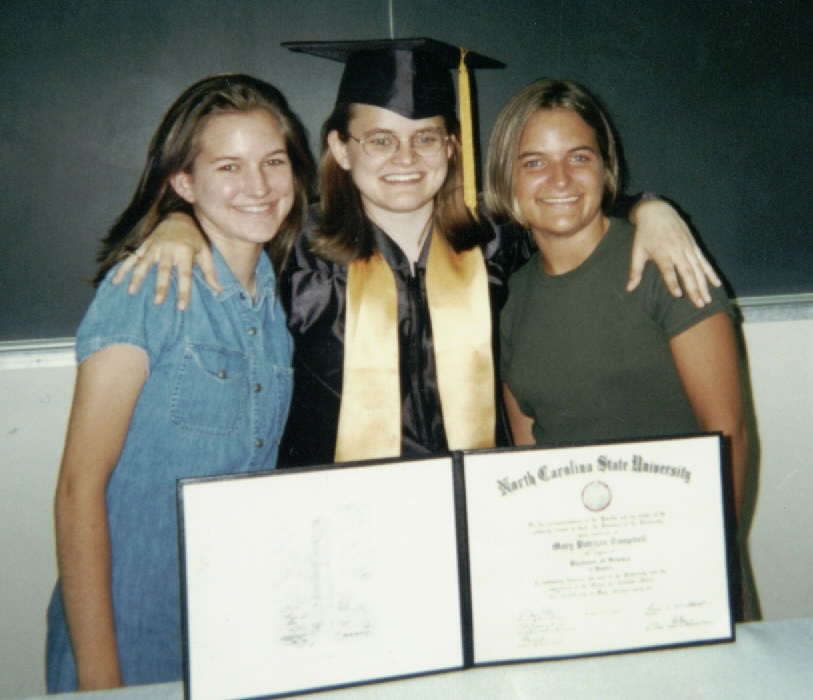

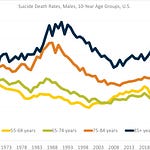







Share this post